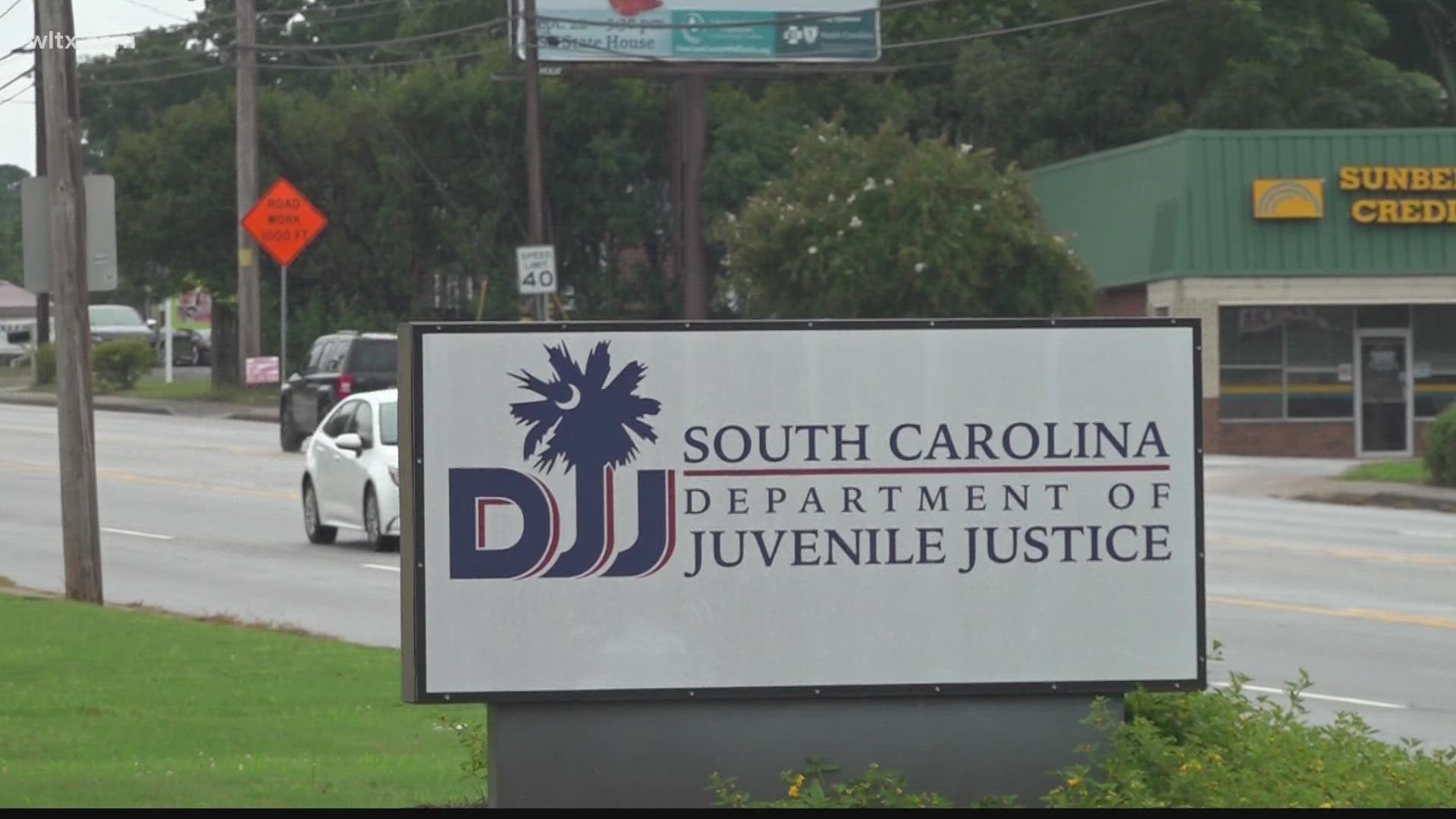COLUMBIA, S.C. — Plans to open a psychiatrics facility for kids in South Carolina's Juvenile Justice System are moving forward after the state's Joint Bond Review Committee gave initial approval this week.
"If we can put them in a better environment for them, we can create a better environment here for the youth that are still here," said DJJ Executive Director Eden Hendrick.
South Carolina's only state-run residential treatment facility for children closed in 2015.
Hendrick said since then, children with serious mental illnesses have been locked up at DJJ facilities in violation of state law because there is no where else to put them.
"The private hospitals and the private providers much rather take a simpler or easier youth into their facilities than our youth. And so the bed space fills up," said Hendrick.
As News 19 reported earlier this year, the State Legislature allocated in this year's state budget $20 million for a new facility.
Current plans call for the construction of a brand new, 50,000 square foot, 32 bed facility on Department of Mental Health land.
The facility will feature communal living space, classrooms, food prep and dining, treatment rooms, inside and outside activity areas, laundry, staff office space, lobby, security, storage and mechanical and electrical space.
The facility will house up to 40 mental health patients and 150 staff.
"We have the special population mixed in the general milieu, and they take up a lot of time, and they take up a lot of energy," said Hendrick. "So having this option for them is so important."
Hendrick added the facility will be operated by the department of Mental Health with the DJJ and the Department of Children's Advocacy.
Hendricks said the facility could be complete in about two years if everything goes according to plan.
"We want to make sure we do everything right to get that facility up and running as soon as possible," said Hendrick. "But you know, it's things take Unfortunately, things take time."
Hendricks added its likely there's "going to have to be other funds to run it and maintain it and operate it."
"Most of the youth that we have are Medicaid eligible. So hopefully some of that will come from that," said Hendricks.
She said because DMH is operating the facility, other funds can come from their budget as well.
“I think it will have a really good impact, a positive impact,” said President and Executive Director of Columbia's Mental Illness Recovery Center inc. (MIRCI).
Avin interacts with youth facing mental illness almost every day and said early intervention is key.
"When you can address the mental health issues and the symptoms and help someone get back to stability, then a lot of relationships can be repaired," said Avin.

